VAT-registered businesses typically submit their VAT returns and payments to HM Revenue and Customs four times a year. However, HM Revenue and Customs also extend an Annual Accounting Scheme option to businesses with a taxable turnover of £1.35 million or less.
Here we look at what this scheme entails and explore whether it might align with your business needs.
How does the Annual Accounting Scheme operate?
Here’s a breakdown of the scheme’s mechanics:
- Eligibility: Businesses projecting a taxable turnover of £1.35 million or less usually qualify for enrolment.
- Annual VAT Return: Instead of quarterly submissions, businesses file only one VAT return annually, covering the entire 12-month accounting period.
- Payments: Businesses make either nine monthly or three quarterly interim payments towards their VAT obligations throughout the year. These payments are based on an estimate of the annual VAT bill.
- Adjustments: At the period end, VAT payments made are deducted from the amount shown as owing on the VAT return. Any shortfall requires payment, while overpayments can be carried forward to the following year or refunded upon request.
- Application: Enrolment is through HMRC, with participation lasting until voluntary withdrawal or until turnover exceeds the threshold.
Why might the scheme be beneficial for you?
Several factors may make the VAT Annual Accounting Scheme an attractive option:
- Reduced Administrative Burden: With just one annual VAT return, administrative workload significantly decreases.
- Enhanced Cashflow Management: Predictable monthly or quarterly payments facilitate better budgeting and financial planning compared to fluctuating quarterly payments.
- Reduced Penalty Risk: Fewer filing deadlines minimise the risk of missing submissions and incurring penalties.
- Consistent VAT Reporting: For businesses with stable VAT liabilities, the scheme offers reporting consistency, simplifies compliance and reduces the need for frequent adjustments.
Why might you choose to bypass the scheme?
Despite its advantages, there are reasons why the scheme may not suit your business:
- Potential Overpayment: Fixed monthly or quarterly payments based on estimates may lead to overpaying VAT, tying up funds unnecessarily.
- Cash Flow Challenges: Predictable payments may strain cash flow, particularly for businesses with fluctuating sales.
- Limited Flexibility: Adjusting payments throughout the year can be challenging, especially with significant changes in sales volume.
- Interest Loss on Overpayments: Overpayments at year-end do not accrue interest, unlike funds held elsewhere.
Determining the scheme’s suitability will depend on your business’s specific circumstances. While it can provide substantial benefits for some, others may find traditional quarterly reporting more fitting. For personalised advice, reach out to a member of the CB Reid team, who can guide you in making the right decision for your company.

